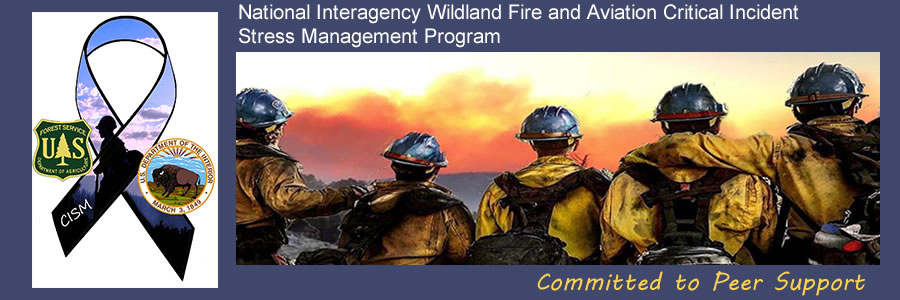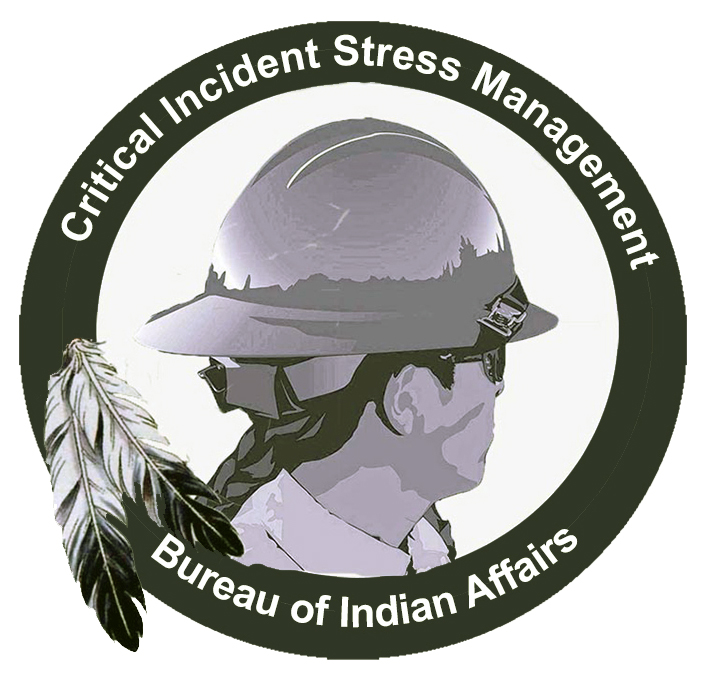Main Print Heading
Print Subheading
Critical Incident Peer Support
Critical Incident Peer Support (CIPS) is about peers, or "people of mutual respect," helping each other, for example, firefighters helping firefighters. The shared experiences of peers foster the initial trust and credibility necessary for developing relationships in which individuals are willing to open up and discuss their reactions and concerns after a critical incident.

Peer-to-peer programs facilitate opportunities for individuals to talk with trained peer supporters who serve as a "bridge" to connect with Mental Health Professionals (MHP). Peer Support Groups can offer educational and social support and provide avenues for additional help if needed. Read More
What We Do
Properly trained and clinically supervised Critical Incident Peer Support Groups provide many services that include situational assessment for agency administrators, managers, and others to help determine the appropriate response. A methodical evaluation ensures that tactics are applied at the right time, in the right place, and under the right circumstances. We provide the leadership to times of uncertainty into ultimate order. We offer a licensed Mental Health Professional (Clinician) experienced in trauma and meet our screening and experience criteria.

Training and Certification Standards
Training is a critical aspect of ensuring consistency and confidence in peer supporters. Specific training needs have been developed in association with the defined roles of each Critical Incident Peer Support Group member. Critical Incident Peer Support Groups and Critical Incident Stress Management Coordinators (CISM Coordinators) providing crisis intervention services for BLM and BIA personnel will be trained and certified by the International Critical Incident Stress Foundations (ICISF). Read More
Limitations to Peer Support and Road to Resiliency
The use of peer supporters is not a substitute for the services of mental health professionals. It must be established and understood that peer supporters augment clinician services but do no replace them. Not everyone is suited for the role. Some individuals may be unwilling to talk with peers because they question their credibility/validity, know them well or professionally they are too closely associated, want to be counseled by a professional, or are concerned about lack of confidentiality.
The emphasis of peer support has to be on managing stress, not on the stress itself. It is easy to fall into the trap of sharing ‘war stories’ when speaking to those in crisis in an attempt to underscore many of the unique ways stress presents itself following a critical incident or trauma. Stressful stories told to stressed-out people can often compound the trauma by having the exact opposite of the desired effect. People in a crisis have no emotional reserve to hear someone else’s crisis story.
However, when the most significant emphasis is on managing stress with a sincere desire to foster growth and resiliency, natural healing and change can occur with lifelong positive implications that impact the individual in crisis and their family, friends, and peers as well.
Critical Incident Peer Support Groups
A well-established and professional CISM Program selects only the best and most qualified for each assignment, including trainees. Those selected must be credible, experienced, trusted, and held in high esteem. They must be sensitive to diversity and multi-cultural components within the agencies.
Who is a Peer?
A Critical Incident Peer Support (CIPS) Group member is a highly respected and trusted person from any of the different organizations or specific functions within the national fire program. A peer is a person that has received specialized training in the principles of peer support, endorses specified ethical standards, and functions under clinical supervision.
For more information about becomming a Peer Supporter refer to your agency contact.
Links and Other Information
- Peer Supporter Roles
- National Interagency Peer Support Application Portal
- Peer Supporter Supervisor's Letter
- Code of Ethics and Conduct
Recruiting and Screening Peer Supporters
It is crucial that oversight of a CISM program is continuous and that peer supporters are carefully screened and appropriately trained. The selection process may include a review of applicants’ interests and motivations for being peer supporters, such as their previous education and training, as well as personal exposure to traumatic experiences and the responses to those experiences.
Additional Information
International Critical Incident Stress Foundation
National Alliance on Mental Illness
American Telepsychology Association
 » Read More
» Read More
Agency CISM Information
- Bureau of Indian Affairs
- Bureau of Land Management
- U.S. Fish and Wildlife Service
- U.S. Forest Service
- National Park Service
- Southwest Geographic Area
- State Agencies



